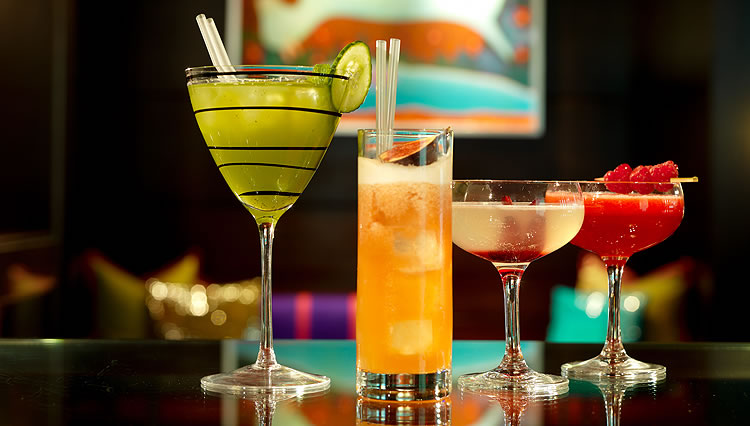Nearly six in 10 Londoners ‘drink to get drunk’ according to new poll

More than half of Londoners who drink alcohol have, or do, ‘drink to get drunk’, according to a new poll.
The survey shows the extent to which alcohol is consumed to excess – and the widespread disregard of its effects on physical, and mental, health.
The finding is even more worrying because, as the police have pointed out, people who are inebriated are unable to ‘socially distance’ whether they are ‘happy’ or ‘angry’ as a result of their drinking. Drinking heavily also weakens immunity and thus reduces the ability to cope with infectious diseases such as Covid-19.
According to the survey of more than 1,000 adults, conducted by the Priory Group, the addiction and mental health specialists, 58% of those in London say they drink to get drunk – the highest result for regions polled, and above the national average, which is still high at 40%.
For other large cities such as Birmingham and Manchester, the response rates were slightly lower, but still over half, 51% for Birmingham and 52% for Manchester.
Londoners were also among the highest to feel more comfortable in a social situation only if alcohol was involved – with 59% mentioning this.
This was higher than in the North East (51%), and the North West (54%).
Yet image-conscious Londoners are concerned with the way they look, specifically their weight: 61% of those from London said they would cut down on drinking if they knew the calorie content of the drink (vs the national average of 48%).
Priory consultant psychiatrist Dr Niall Campbell, a leading UK addiction expert based at the Priory Hospital in Roehampton, south-west London, said; “Drinking to get drunk is dangerous, and cannot be a worse strategy. It can quickly become habitual, and as drink is a depressant, it will have an effect on your mental as well as physical health. I see it all the time in my patients.
“Alcohol has effects, both short-term and long-term, on almost every single organ of your body and even in small quantities is known to cause certain types of cancer.
“And overall, the evidence suggests that there is no ‘safe limit’ – in fact, the risk of damage to your health increases with each drink of alcohol consumed.
“Alcohol use, especially heavy use, weakens the immune system and therefore reduces your ability to cope with infectious diseases, including Covid-19.”
Dr Campbell added: “While some are now going to bars and pubs to drink, many people are working from home or ‘drinking from home’ as one lawyer put it, and some are slipping into habits of drinking earlier to cope with the stress of lockdown, job insecurity, and concerns about a global recession.
“Drinking at home is much cheaper than drinking in a pub or restaurant, and there are fewer social constraints by which I mean there are less people around you making you feel you need to stop – and none if you live alone. And there is constant access to alcohol.
“We need to transform the way we talk about alcohol so we all understand exactly how much we are drinking – and what it is doing to us. This is especially important because we all want to live longer – and may be expected to work longer, and work longer hours in a recession – in good health.”
